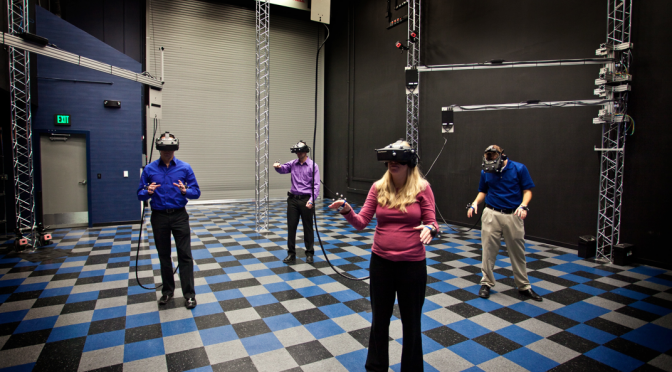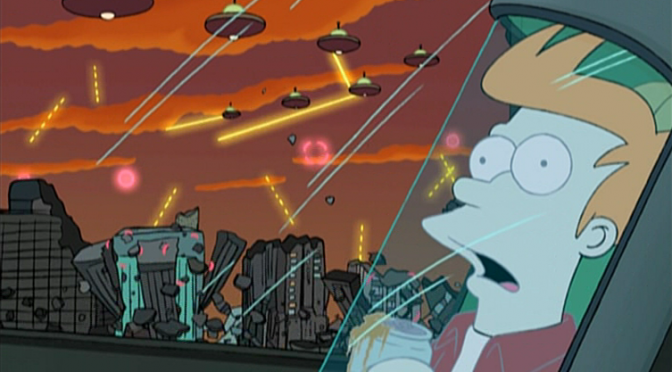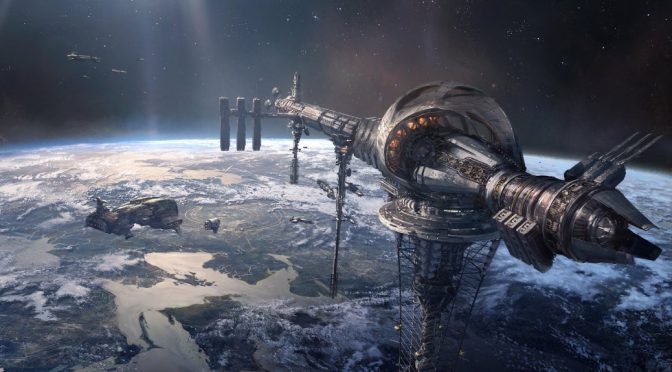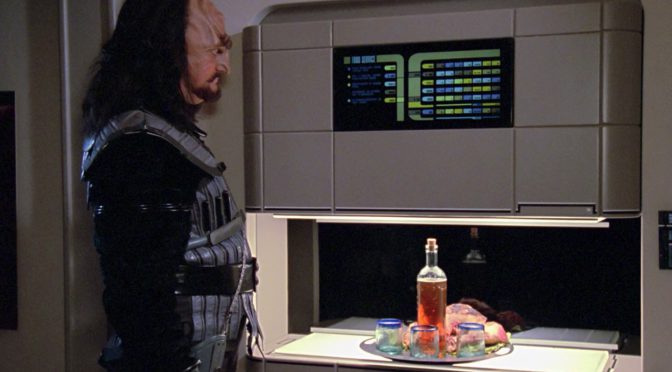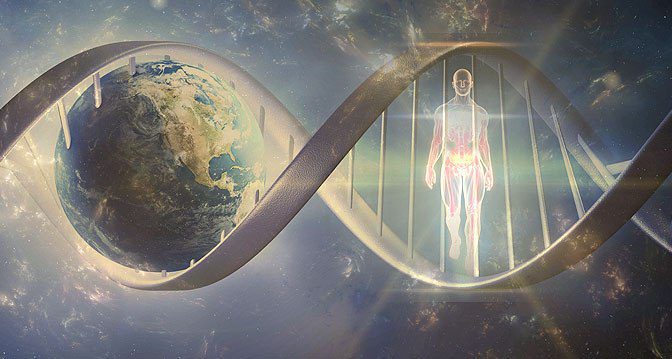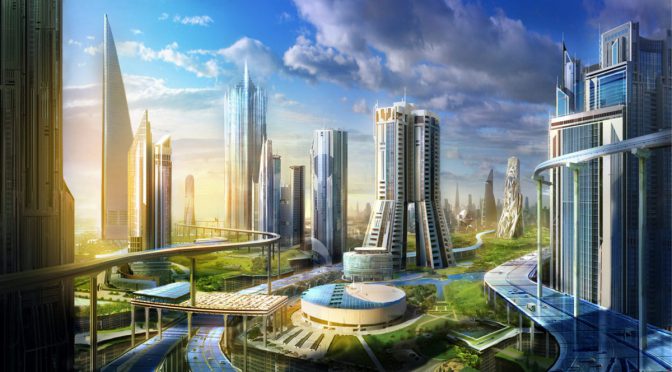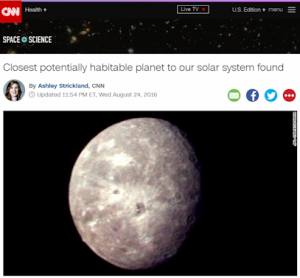If you read or watch enough science fiction over time, there are certain tropes that tend to appear almost everywhere. Most of them are centered around external forces that provide a mirror to look back on ourselves. This alien world happens to be populated by a race that has an extreme philosophy that mirrors one of our own. This other creature we thought wasn’t intelligent has made us question our prejudices. These seemingly natural phenomenon are trying to communicate with us, making us question the nature of life itself. Sometimes these tropes will fall into cliche if done improperly, while they tend to say something of value if done correctly. But not all of these mirroring tropes happen to be external forces – sometimes they’re man-made.
Our own creations, or things that we do to ourselves, are often good reflections on what kind of people we are and what’s important to us. When we’re writing stories of artificial intelligence, genetic engineering, or science run amok, we tend to show not only our general motivations as a species but also our fears of our own ability to screw it up. However, there are other tropes about things that we create that are much more mundane in concept but still give us just as much of an insight into what we hold important. And, lately, one of those fantastic but strangely mundane technologies has been catching my attention more often -virtual reality.
When I say virtual reality I don’t just mean VR headsets but just about any technology that happens to simulate a different world for us. From the VR gear in Ready Player One to the holodecks on Star Trek, there’s a wide variety of approaches in sci-fi that reflect our efforts in the real world. And, despite how fantastic it may sometimes appear, we’ve been making great strides in this technology in the last couple decades to the point that a lot of graphics cards and game consoles now have VR support built right in. But while our real world vision of how to use VR can be a tad stunted from time to time, generally reserved for gaming, the world of sci-fi has shown us a variety of other uses that we only briefly touch on here in the day to day.
And, it’s strange, because when I look at the potential of fully immersing in fictional worlds, I actually think traditional video games are the least likely to take the lead…
Continue reading Virtual Entertainment

